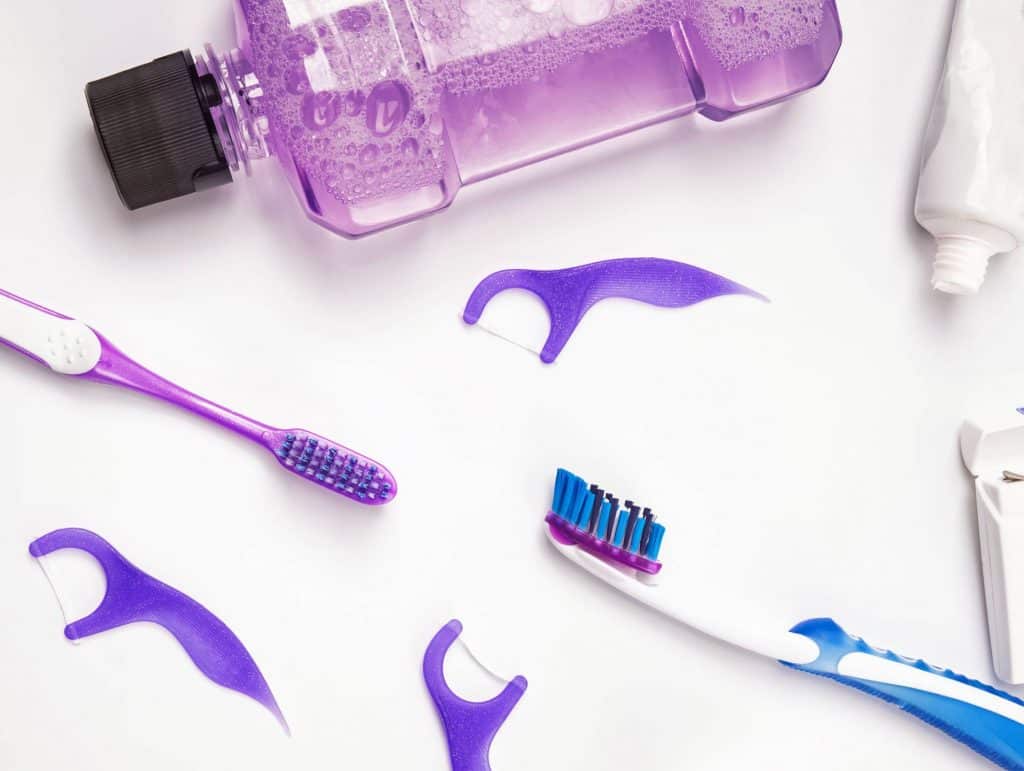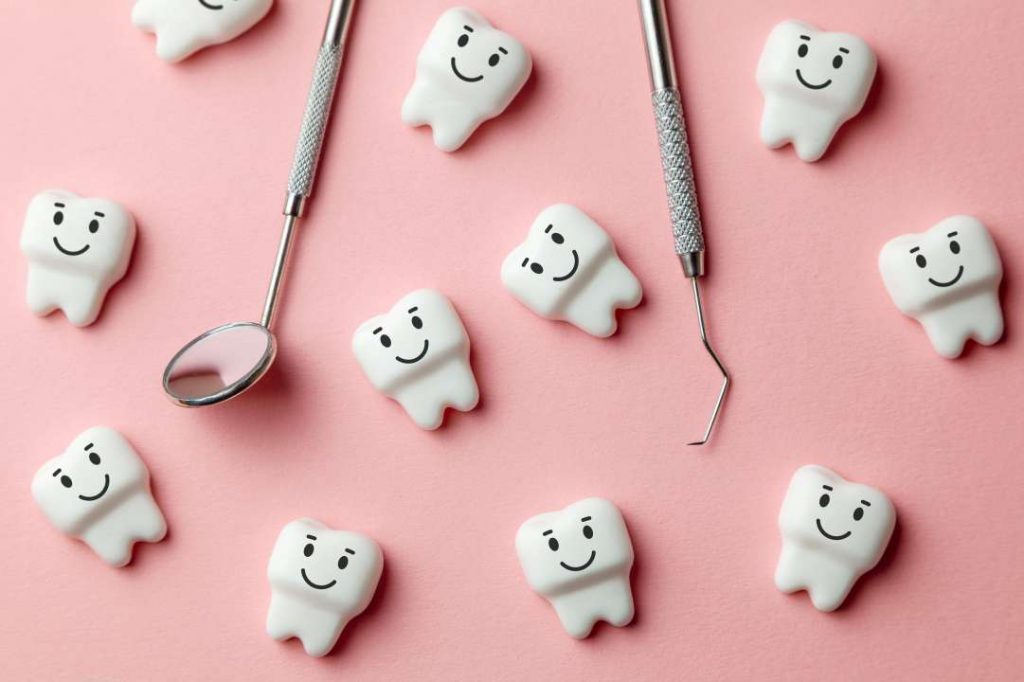Your dentist can see your habits like a map on your teeth. One thing we notice a lot as dentists is Bruxism. When we encounter stress and anxiety in our day to life, that can often cause physiological responses in our body, and have consequences for our teeth! This blog will tell you all about bruxism, what it encompasses, and some tips to help manage this condition.
What is bruxism & how does it affect your oral health?
Bruxism is a term used to describe grinding your teeth and clenching your jaw, both while awake and asleep. These conditions can cause significant, permanent damage to the teeth over time. This is because the teeth are slowly worn down through excessive, repeated force. In extreme cases of bruxism, teeth may even need to be removed. This is why it is imperative to visit your dentist every six to twelve months so that bruxing can be monitored and your dentist can intervene before too much damage occurs.
Grinding your teeth against one another can cause the enamel to erode, resulting in tooth sensitivity and pain. As symptoms worsen, the teeth can start to wear away and shorten, making them more vulnerable to cracking or breaking. Furthermore, damaged teeth are susceptible to decay, especially if fillings and crowns are being damaged. Clenching can cause significant strain on your joints, muscles, and teeth. This can cause headaches, migraines, arthritis, and puts significant stress on our teeth. Often grinding and clenching occur together with damaging results.
What causes bruxism?
Several factors can trigger or worsen bruxism. It is important to see your dentist regularly so they monitor the severity of your bruxism. A dentist can also see whether you are grinding or clenching your teeth without your knowledge, usually in your sleep. If you have noticed that you suffer from symptoms such as frequent headaches, sore jaw, sensitive teeth, or if someone has noticed you grinding your teeth in your sleep, then talk to your dentist at Midtown right away.
Bruxism has been linked to:
- Stress, anxiety, and other psychiatric conditions
- Drug use (tobacco, alcohol, caffeine, or other substances)
- Some neurological conditions such as Parkinson’s of Huntington’s disease
- TMJ disorder and malocclusion (overbite or underbite)
- Misaligned posture or spinal problems
- A side effect of some medications, especially antidepressants
Stress and anxiety are significant triggers that we can discuss further. In a recent article on bruxism, dentists have noted a dramatic increase in the cases of bruxism-related tooth damage since Covid-19 lockdowns began in March of 2020. The way that we cope with stress and anxiety during our day can help us to mitigate the severity of bruxism. If you are struggling to manage your stress and anxiety, there are numerous resources available to you.
How to alleviate the symptoms of Bruxism.
The treatment for bruxism is determined on a case-by-case basis. Some cases are mild and might never show symptoms or need treatment, while others are severe and require intervention to prevent severe damage.
Some treatment options include:
- Stress reduction and lifestyle changes
- Self Massage
- Physiotherapy, Massage, and/ or chiropractic care
- Mouthpieces to prevent teeth grinding or lessen the severity of damage
- Orthodontic treatment such as Invisalign for malocclusion correction
- Medication to relax muscles
- Botox injections can also be used in more severe cases
We find that a combination of these interventions often works best. Talk to us about developing a set of strategies to manage your bruxism during your regular annual or bi-annual appointment. Schedule your appointment today –– we are here to help with your oral health!




